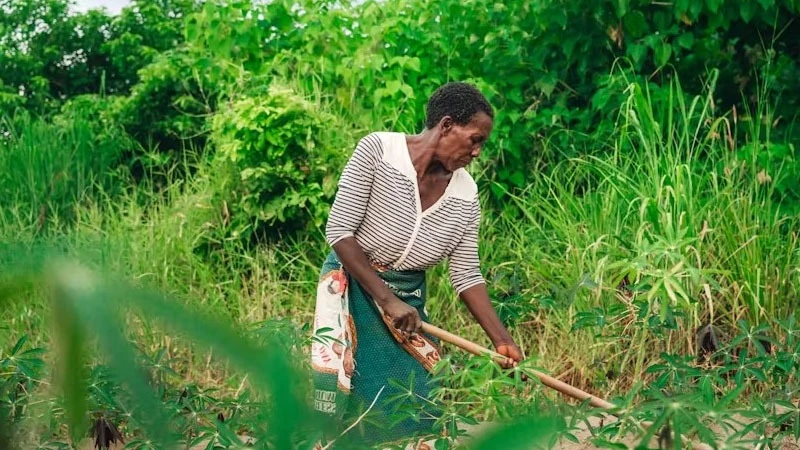Alarm as pesticide-resistant pests wreak havoc on farms

AGRICULTURE experts have raised alarm that most harmful insects and pests affecting crops in the country have developed resistance to pesticides.
Prof Andrew Temu, Board Chairman of the Tanzania Plant Health and Pesticides Authority (TPHPA) said here at the weekend that there has also been resurgence of new types of mites, aphids, scale insects and caterpillars that have developed new coats against chemicals.
“We believe that this resistance is brought about by excessive use or misuse of pesticides by farmers,” he said while addressing the first plant health and pesticides stakeholders meeting in the Ngaramtoni section of Arumeru.
Prof Temu pointed out that this new negative development was threatening food security and cash crop production in the country, thus calling for rapid intervention.
Most agriculture experts attending the meeting proposed the use of organic fertilizers and plant-based environmental-friendly insecticides.
Meanwhile, Tanzania mulls the deployment of artificial intelligence in the country’s farming sector to execute what is being described as ‘precise agriculture.’
“We may use artificial intelligence in churning out big data examinations, plant DNA identification and accurate weather prediction which includes capturing satellite images and digital analysis,” said the TPHPA official.
Prof Joseph Ndunguru, Director General of Tanzania Plant Health and Pesticides Authority, said that there are no substitute inputs to replace the banned pesticides and this vacuum created a loophole for emerging pests and insects.
Prof Nduguru also said that the influx of substandard and counterfeit agricultural inputs such as seeds, pesticides and fertilizers, including those that have long expired, were among the problems facing agriculture in Tanzania.
“We are thus compelled to conduct regular trainings and awareness raising sessions among farmers on how they can identify such harmful products,” he said.
Arumeru District Commissioner Emanuella Kaganda who represented Minister for Agriculture directed crop and soil experts to convene and find solutions to emerging challenges facing agriculture sector in Tanzania.
She pointed out that by the year 2030, Tanzania will needing more than 20 million tonnes of food for the country's population, a noticeable increase from the current 16 million tonnes.
Operating from Arusha, TPHPA complies with requirements of the International Plant Protection Convention (IPPC) on sanitary and phytosanitary measures.
Top Headlines
© 2024 IPPMEDIA.COM. ALL RIGHTS RESERVED






















